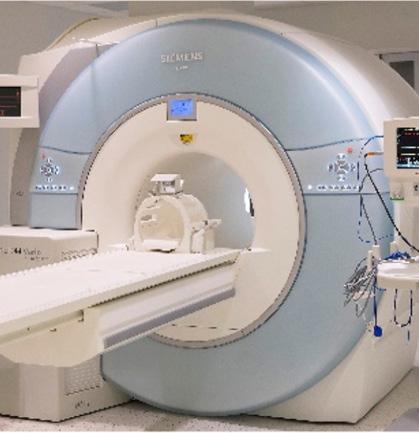
2 minute read
VETERINARY INTEGRATIVE BIOSCIENCES (VIBS)
VIBS carries out teaching, research, and service across a wide spectrum of biosciences. The faculty teach anatomy and public health courses in the DVM curriculum, as well as core (required), very popular, and elective courses for undergraduate and graduate students. Faculty, staff, and students are engaged in biomedical communications (writing), genetics, neuroscience, reproductive biology, toxicology, epidemiology, and public health. VIBS is home to one of the few programs in science and technology journalism in the country. Through various outreach programs, faculty engage local, regional, and international communities. Our faculty contribute to their scientific communities by serving on editorial boards of journals in their field and on review panels for NIH, NSF, etc., and are supported by grants from federal and private agencies.
Highlights from FY22 include:
Advertisement
New Faculty/Staff
• Dr. Lauren Davis, Instructional Assistant Professor (Genetics)
• Dr. Chrissy Barron, Instructional Assistant Professor, VERO
• Dr. Cathryn Sparks, Instructional Associate Professor, VERO
• Daeghan Drgac, Administrative Associate II
Faculty Promotions
• Dr. Sarah Hamer promoted to Full Professor
• Dr. Kevin Curley promoted to Instructional Associate Professor
• Dr. Tamy Frank-Cannon promoted to Clinical Associate Professor
Retired Faculty
• Dr. William “Les” Dees, Professor Emeritus, 36 years of service
• Dr. Larry Johnson, Professor, 35 years of service
• Dr. Cheryl Herman, Clinical Associate Professor, 15 years of service
GRADUATE PROGRAM HIGHLIGHT
The MS in Veterinary Public Health-Epidemiology (MS VPHE) program continues to expand, with students enrolling in both thesis and non-thesis versions of the standalone degree program as well as the MS VPHE/DVM combination degree program. Along with directed studies experiences, these students participate in an epidemiology seminar series, with recent offerings focusing on antimicrobial resistance, parasitic helminths, and animal-targeted interventions in the wild to reduce pathogen spillover risk to humans.
AWARDS
Undergraduate/Graduate Students
• September Martin, Science, Technology, and Journalism (STJR) student - 2021 Native American Journalist Association Fellowship Program
• Ilana Mosely, PhD rotating (Dr. Budke) - first place for a graduate student oral presentation in the Life Sciences category at TAMU Student Research Week
• Emily Leeke, undergraduate student (Dr. Hamer) - third place in the undergraduate Life Sciences category for her poster presentation
• Colette Nickodem, PhD student (Dr. Norman) - 2022-23 Center for the Integration of Research, Teaching, and Learning (CIRTL) Teaching-As-Research (TAR) Fellow
DVM
• Dani Burleson, a Veterinary Medical Scientist Research Training Program (VMSRTP) (Dr. Norman) - veterinary scholar award at the VMBS awards ceremony
• Morgan McCord, VMSRTP (Dr. Gaddy) - Outstanding VMSRTP Symposium Oral Presentation Postdoctoral
• Dr. Nicole Foley (Murphy lab) received best post-doc talk at 5th annual Southeast Texas Evolutionary Genetics and Genomics (STEGG) conference and a presentation prize at 49th Annual meeting of the Texas Genetics Society
PUBLICATION HIGHLIGHTS
• Rubin CJ, Enbody ED, Dobreva MP, Abzhanov A, Davis BW, Lamichhaney S, Pettersson M, Sendell-Price AT, Sprehn CG, Valle CA, Vasco K, Wallerman O, Grant BR, Grant PR, Andersson L. Rapid adaptive radiation of Darwin's finches depends on ancestral genetic modules. Sci Adv. 2022 Jul 8;8(27):eabm5982.
• Wuri L, Arosh JA, *Wu JZ, Banu SK. Exposure to hexavalent chromium causes infertility by disruptingcytoskeletal machinery and mitochondrial function of the metaphase II oocytes in superovulated rats. Toxicology Reports 2022; 9: 219-229.
• Arosh JA, Lee J, Banu SK. Effects of dual inhibition of AKT and ERK1/2 pathways on endometrial pro- inflammatory, hormonal,










